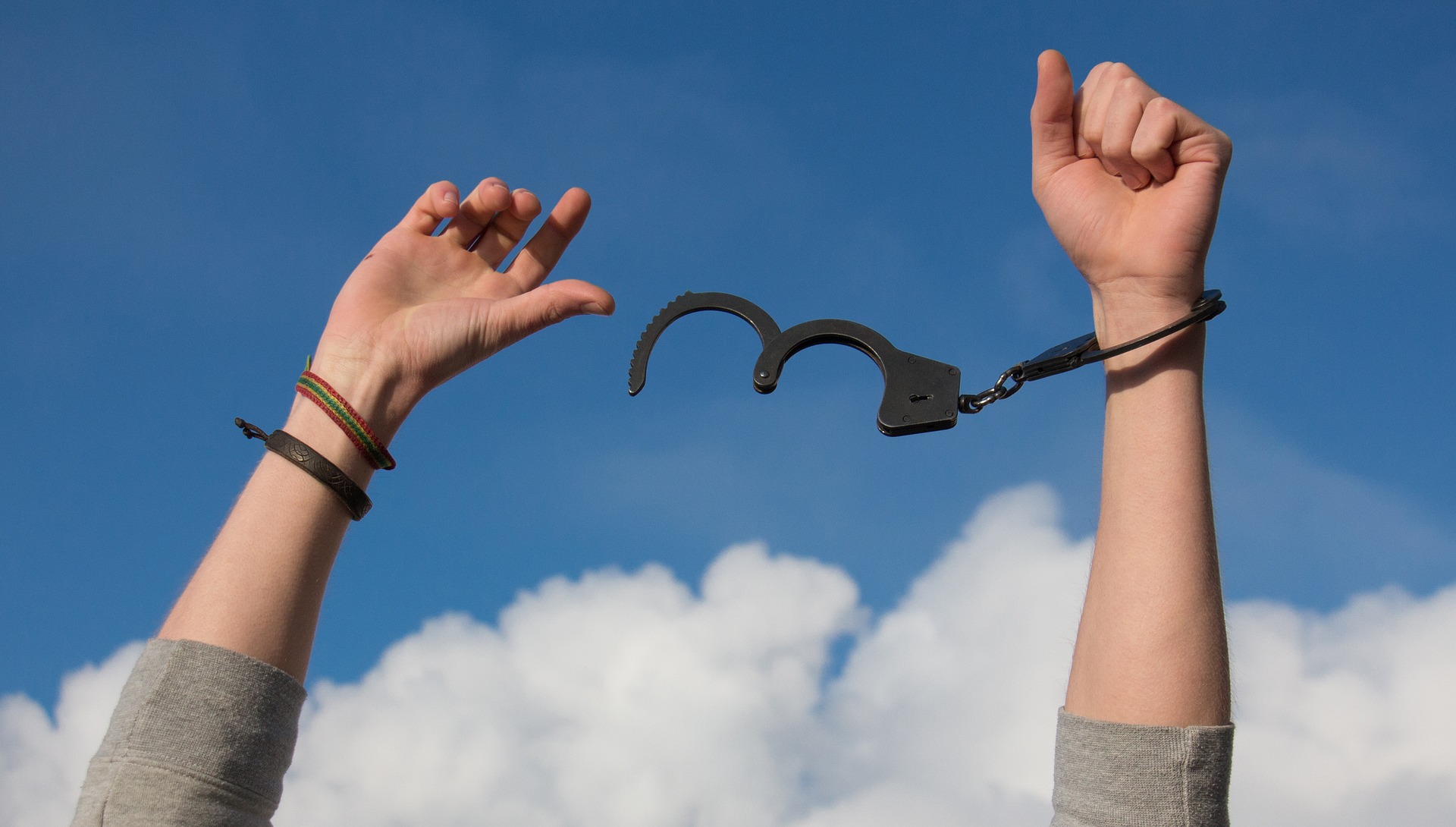Cocaine Addiction Treatment
While many people still abuse cocaine, it is now understood that it is an extremely dangerous and addictive substance. Though some individuals still use it recreationally, the potential for addiction is high and should be guarded against. The best way to do so, however, is to avoid the illicit drug altogether as it can cause addiction extremely quickly, especially when smoked as the drug crack cocaine.
Cocaine addiction treatment is necessary for those who become addicted, and the recovery stage can last for a very long time. It is possible to stop abusing the drug with adequate treatment, but according to the NLM, “people who stopped using cocaine can still feel strong cravings for the drug, sometimes even years later.” This is why it is so necessary for cocaine addicts to attend proper treatment.
How Do You Know If You Need Cocaine Addiction Treatment?
If you are addicted to cocaine, you will need cocaine addiction treatment in order to fully recover more easily and successfully. You may not be sure if you are addicted to the drug or not, so ask yourself these questions in order to know if you would benefit from this treatment.

If you need cocaine to get through each day, you should seek addiction treatment.
- Do I abuse cocaine every day?
- Have I been abusing it for a long time (at least several months)?
- Have I noticed that I need more and more of the drug each time in order to feel its effects (tolerance)?
- Do I feel abnormal when I am not on cocaine (dependence)?
- Have I noticed myself exhibiting strange symptoms when I am unable to use cocaine, such as:
- Depression?
- Irritability?
- The inability to feel pleasure?
- Hypersomnia?
- Extreme cravings?
- Do I think about cocaine constantly?
- Do I now only spend time with others who abuse the drug or other drugs?
- Do I become hostile with others who bring up my drug use?
- Have I noticed mental health issues that weren’t a problem for me before, such as:
- Severe paranoia?
- Aggression or violent tendencies?
- Hallucinations?
- Irritability?
- Panic attacks?
- Do I experience issues in my life that are caused my cocaine abuse, such as
- Work problems?
- School problems?
- Fights or breakups with my significant other(s)?
- Legal issues?
- Financial issues?
- Do I continue to abuse the drug even if I have experienced one or more of these issues?
- Do I feel that I would be unable to stop abusing cocaine on my own?
If you said yes to many of these questions, it is likely that you are already addicted to cocaine and would benefit immensely from cocaine addiction treatment. Although you may feel that you can handle your addiction and recovery on your own, treatment facilities and the plans they provide can be helpful in getting and keeping patients off the drug, reducing cravings, teaching patients a new way to look at their addictions, and allowing individuals to discuss their similar issues in group therapy sessions. This type of treatment could be extremely beneficial to someone who can no longer control their abuse of the drug.
What Does Cocaine Addiction Treatment Entail?
According to the NIDA, “The majority of individuals (72 percent in 2007) who seek treatment for cocaine abuse smoke crack and are likely to be polydrug abusers, or users of more than one substance.” This means, many times, cocaine addiction treatment plans will cater to these issues, and especially that patients will be given specific treatments to fit these needs.
For example, polydrug abusers and drug abusers with concurrent mental disorders (like depression, schizophrenia, etc.) may want to stay at an inpatient facility, as more of their needs are usually met, they can stay in a controlled environment, and they receive the kind of treatment they need. However, some cocaine abusers attend daily outpatient programs where they can receive treatment and then go home. Whether patients do better as outpatients or inpatients has to do with their particular needs.
- Outpatient cocaine addiction treatment is more successful for those patients who have a strong support system at home and less severe addictions.
- Someone who has a weaker or no support system will likely need inpatient treatment.
- Individuals with concurrent mental disorders (like depression) will do better in inpatient treatment.
Cocaine addiction treatment entails a specialized plan for each patient, different behavioral treatment methods, and often the use of medications to help patients cope with withdrawal and other issues.
Medications
As stated by the NIDA, “Presently, there are no FDA-approved medications to treat cocaine addiction.” The possibility for these types of medications is being researched currently, and according to the NCBI, “a vaccine capable of stimulating the production of cocaine specific antibodies has shown promise in preliminary studies for the prevention of relapse to cocaine use.”
While there are currently no approved medications to treat cocaine addiction specifically, patients are given medication in cocaine addiction treatment to help curb their withdrawal symptoms and allow them to function more easily in their behavioral therapy sessions. The CHCE states, “Pharmacological intervention may be necessary during stimulant-induced drug states.”
- Neuroleptics can be used to treat cocaine-induced psychosis.
- Anticraving agents may be used during withdrawal.
- Antidepressants can be used during the late withdrawal phase where depression is very intense.
There are medications that are often used in cocaine addiction treatment, even though there are no particular medications approved to treat that issue alone (unlike with opioid and alcohol addictions). In cocaine addiction treatment, your withdrawal symptoms will be better handled than if you attempt to go through withdrawal alone which is important to remember. Most of the emphasis in cocaine addiction treatment, though, will be on behavioral treatments.
When Cocaine Withdrawal Becomes Dangerous: Cocaine Addiction Treatment Considerations
Behavioral Treatments
Cocaine addiction treatment relies largely on behavioral therapy treatments, as there is still no approved medication for treating such. There are actually many different behavioral treatments that are beneficial to those addicted to cocaine, and your treatment plan might include one or more of them or might start off with one and transition to another. It is important to remember that “an individual’s treatment and services plan must be assessed continually and modified as necessary” to fit their needs (NIDA).
One of the most commonly used behavioral therapies for individuals addicted to cocaine is Cognitive-Behavioral Therapy. According to the NIDA, “Cognitve-Behavioral Therapy (CBT) was developed as a method to prevent relapse when treating problem drinking, and later it was adapted for cocaine-addicted individuals.” CBT is used to help patients change the way they think about cocaine and become more in control of their addictions and recoveries. Some of the lessons taught in CBT are:
- “Anticipating likely problems and enhancing patients’ self-control by helping them develop effective coping strategies”
- Self-monitoring for cravings
- “Exploring the positive and negative consequences of continued drug use”
- Knowing and recognizing triggers that could bring on intense cravings
- Understanding ways to say no to others
Patients in CBT are often given the opportunity to explore why they began using cocaine and other drugs in the first place and if it could be linked to another mental disorder or other issues which should be addressed. CBT is so successful because it helps patients recognize why abusing cocaine is a problematic behavior and how they can systematically change their behaviors and thought processes in order to recover. However there are other therapies that can be extremely useful as well.
- Contingency Management
- This type of therapy is especially effective early on in treatment for cocaine addiction, sometimes when the individual has only been attending a few days or weeks. The patient will still be dealing with the heavy cravings and acute withdrawal symptoms, and contingency management gives them incentives to stay off the drug.
- Contingency management is an incentive-based treatment which means that patients are given rewards or vouchers based on their ability to stay abstinent from the drug. This fills the void of reward in some ways that the patient would be receiving if they were abusing the drug.
- The Matrix Model
- In the Matrix model treatment, patients are given the ability to learn more about the drug and why it causes the issues it does for them. This treatment is specifically catered to stimulant abusers and depends on a positive relationship between the patient and the therapist who must “promote… the patient’s self-esteem, dignity, and self-worth” (NIDA).
Behavioral therapy can also include group therapy, family therapy, and 12-step facilitation therapy. Depending on the individual’s needs, one or more of these may be added their treatment plan that includes one or more of the other behavioral therapies above. When patients attend formal cocaine addiction treatment in a facility designed for this type of treatment, they are able to find many new ways of fighting cravings and becoming more stable in their recovery.
Is Cocaine Addiction Treatment Necessary?
If you are addicted to cocaine, you should attend cocaine addiction treatment. Many people are given a better, more stable recovery with the lessons they learn in cocaine addiction treatment, and the use of medications, though more minimal than in other drug addiction treatments, can help patients through the extremely difficult time of withdrawal. Cocaine addiction treatment will often be necessary if you have become addicted to the drug, and you will find yourself stronger and better equipped to live with your addiction and have a much more solid basis of recovery.
Calls to the general helpline will be answered by a paid advertiser. By calling the helpline you agree to our terms of use.




